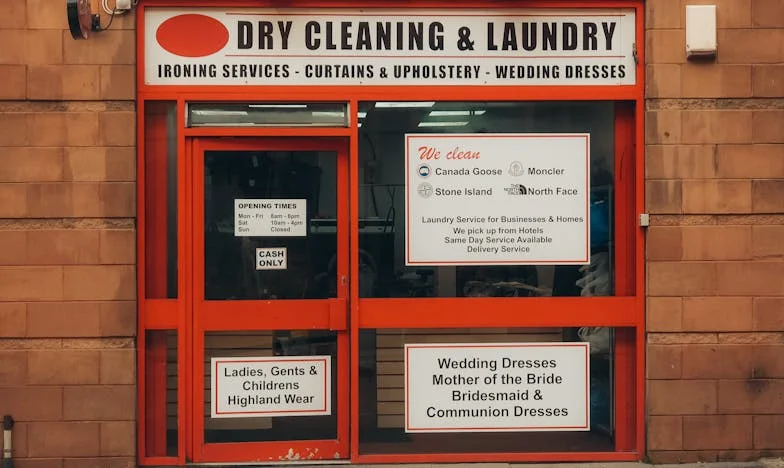“My Mother-in-Law’s Demands: A Ukrainian Tale of Love and Loss”
Life has a way of throwing unexpected challenges at us, and mine came in the form of my mother-in-law, Olena. My husband, Petro, passed away 14 years ago, leaving me to raise our two children alone. Petro was a respected figure in our community, working tirelessly as a member of the City Council in Lviv. His sudden departure left a void not only in our family but also in the hearts of many who knew him.
From the beginning, Olena had always been a formidable presence. She was wealthy, influential, and had strong opinions about how things should be done. When Petro and I decided to get married, she insisted on dictating every detail of our wedding. I remember sitting in her lavish living room, feeling small and overwhelmed as she outlined her vision for our special day.
“Ти повинна розуміти, що це не просто весілля, а подія для всього міста,” she said, her voice firm and unyielding. (“You must understand that this is not just a wedding, but an event for the whole city.”)
I nodded, feeling the weight of her expectations pressing down on me. Despite my reservations, I went along with her plans, hoping to keep the peace and make Petro happy.
After Petro’s death, Olena’s influence only grew stronger. She believed that her wealth entitled her to control every aspect of our lives. She would often visit unannounced, offering unsolicited advice on how to raise my children and manage our household.
“Ти повинна думати про майбутнє дітей,” she would say, her tone both commanding and condescending. (“You must think about the children’s future.”)
I tried to stand my ground, but it was difficult to argue with someone who held the purse strings. Her financial support was crucial, especially after Petro’s passing. I felt trapped in a situation where I had little say over my own life.
As the years went by, I watched my children grow up under Olena’s watchful eye. She insisted on sending them to the best schools and enrolling them in numerous extracurricular activities. While I appreciated her desire to provide for them, I often felt like an outsider in my own family.
One particularly difficult moment came when my daughter, Kateryna, expressed her desire to study art instead of pursuing a career in law as Olena had planned.
“Мамо, я хочу бути художницею,” Kateryna confided in me one evening. (“Mom, I want to be an artist.”)
I supported her decision wholeheartedly, but when Olena found out, she was furious.
“Це неприпустимо! Вона повинна думати про серйозну професію,” Olena exclaimed during one of her visits. (“This is unacceptable! She must think about a serious profession.”)
Despite my attempts to mediate, Olena’s disapproval created a rift between us. Kateryna eventually left for Kyiv to pursue her dreams, leaving me with a sense of both pride and sadness.
As I sit here today, reflecting on the past 14 years, I realize that life has not been easy. The loss of Petro was devastating, and navigating the complexities of family dynamics has been equally challenging. My relationship with Olena remains strained, and while I am grateful for her support, I often wonder what life would have been like if I had been able to make my own choices.
In the end, I have learned to find strength in adversity and cherish the moments of joy that come my way. My story may not have a happy ending, but it is a testament to resilience and the enduring power of love.
